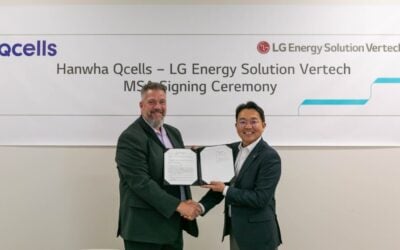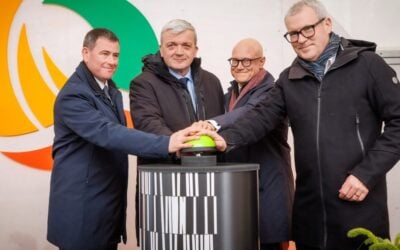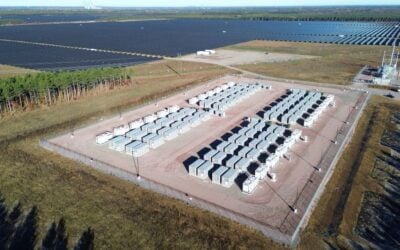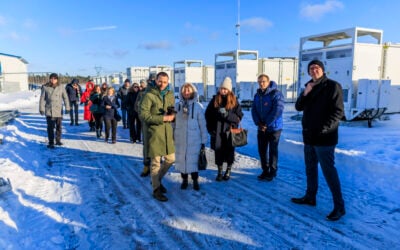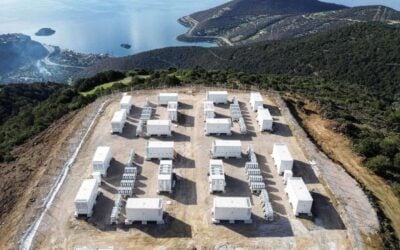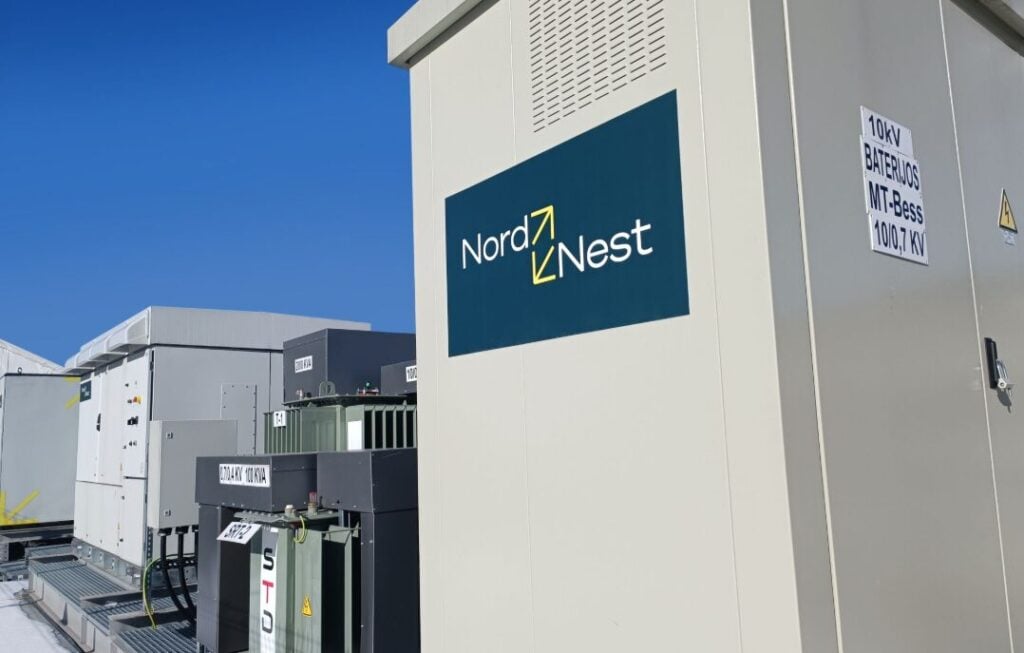
IPP E energija Group has started building what it claims is the largest ‘private’ BESS project in Lithuania, a few weeks after the Baltic region decoupled from Russia’s electricity grid.
The 120MWh battery energy storage system (BESS) project near Vilnius, the capital of Lithuania, will come online by the end of 2025.
The BESS will provide balancing services to the grid, primarily FCR, aFRR, and mFRR, as well as balance supply and demand on the grid.
“Although the average electricity consumption in Lithuania is around 1,500 megawatts, the installed capacity of both solar and wind power plants is expected to exceed 2,000 megawatts in 2025, enabling surplus electricity to be stored and supplied to consumers during peak hours”, said Gediminas Uloza, CEO of E energija Group.
Try Premium for just $1
- Full premium access for the first month at only $1
- Converts to an annual rate after 30 days unless cancelled
- Cancel anytime during the trial period
Premium Benefits
- Expert industry analysis and interviews
- Digital access to PV Tech Power journal
- Exclusive event discounts
Or get the full Premium subscription right away
Or continue reading this article for free
Local system integrator will supply the energy storage solution, using battery units from CATL, power conversion systems (PCS) from Power Electronics, and its own proprietary energy management system (EMS), NordNest.
E energija Group claimed the solution meets the strictest requirements of the country’s transmission system operator (TSO), enabling it to provide services across the Baltics and facilitate the integration of interconnections.
The Baltic region only a few weeks ago disconnected from the BRELL grid operated by Russia and connected to that of Continental Europe, via a Lithuania-Poland connection.
A set of four 50MW BESS projects owned by state-owned vehicle Energy Cells, deployed by it and system integrator Fluence for TSO Litgrid, helped the country manage the ‘island’ mode between the two parts of the process. (That project is probably the reason for the ‘private’ aspect of E energija’s claim.)
In late 2024, the EU approved a €180 million (US$188 million) support package for over 1.2GWh energy storage in Lithuania, covering a maximum of 30% of the projects’ capital expenditure costs via a competition auction set to conclude before the end of 2025.
E energija Group is an independent power producer (IPP) which has primarily deployed wind and solar in and around the Baltics to-date.

